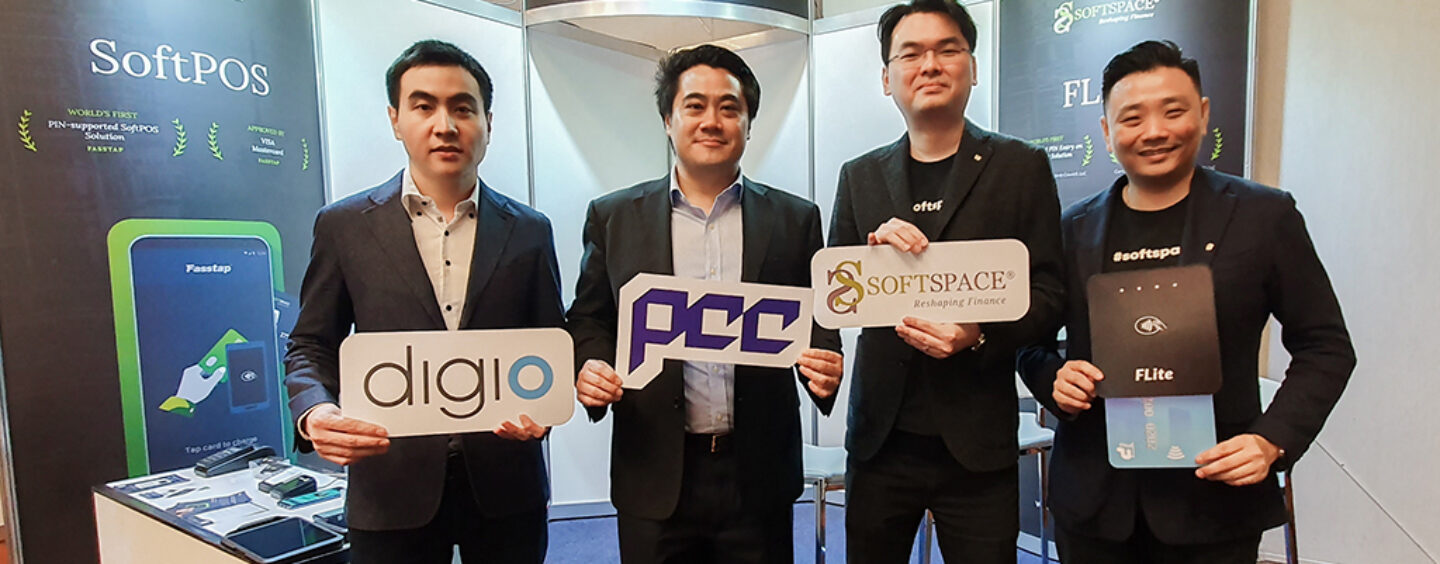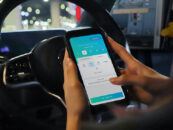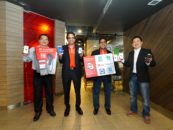
Soft Space Lands Partnership in Thailand to Drive Cashless Push
by Fintech News Malaysia November 22, 2019Soft Space and its Thai-based partner Digio announced Thursday that they landed a partnership with interbank payment provider, Processing Center Company (PCC), Thailand’s PayNet equivalent.
The solution, dubbed “FLite” will be deployed by one of PCC’s shareholder banks and the parties involved said in a statement that it is aimed at encouraging a more pervasive use of cashless payments in Thailand.
FLite comprises an NFC based EMV Chip reader that pairs with merchants’ smartphones preloaded with the bank’s secure application.
According to them, FLite is a secure, fully-featured and affordable card acceptance channel designed especially for SME merchants and is certified by the Payment Card Industry Security Standards Council (PCI SSC).
FLite’s deployment in the Thai market will allow merchants of all business sizes to accept card payments through its PIN-based authorisation point-of-sale (POS) terminal.
Worawat Paarpon, Managing Director of PCC said,
“PCC’s aim is to provide an affordable solution for the banks to acquire merchants, With Thailand achieving 83% growth for e-payment transactions from 2016 to 2018, we believe FLite, a world’s first, will grow this figure further and go a long way in supporting the government’s aspiration to grow cashless transactions in a secure manner.”
Echoing his thoughts, Soft Space’s CEO Joel Tay and Digio’s Managing Director Nopphorn Danchainam said merchants will benefit as the total cost of FLite’s ownership will be significantly lower, thereby making it more affordable as compared to the existing mPOS solutions in the Thai market.
According to the Bank of Thailand, the country’s volume of e-payment transactions increased by 83% between 2016 and 2018, with the majority of this growth attributed to internet banking and mobile banking. As of 2018, Thais’ e-payment transaction per capita rose from 63 per capita per year in 2017 to 89 per capita per year.






